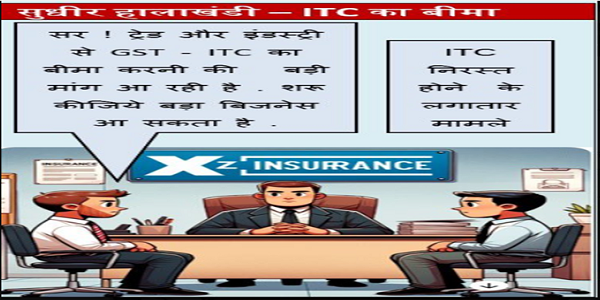India’s economic trajectory in comparison to China’s presents a tale of missed opportunities and strategic choices. Despite having a higher GDP in 1980, India fell behind as China embraced economic globalization. This retrospective analysis delves into the pivotal factors shaping their disparate paths and underscores the urgency for India to recalibrate its approach for global competitiveness.
The economic disparity between China’s Giant $18.1 trillion GDP and India’s $3.732 trillion is striking, yet a retrospective analysis reveals a fascinating proximity in their economic narratives. In 1960, India’s per capita income was behind from China’s by a mere $7, with India at $82 and China at $89. By 1970, this gap had further narrowed, with India at $112 and China at $113. The shift in fortunes was palpable by 1980, as India surged ahead to $266, outpacing China’s $194. But as the new millennium began, there was a huge turnaround with China catapulting to $4,450 per capita income, dwarfing India’s $1,357 in 2000s. This different path can be linked to the worldwide economic changes after the Cold War. Termed the golden age of global economic globalization, it witnessed developed Western nations outsourcing manufacturing to emerging economies. While China adeptly seized this transformative opportunity, India hesitated and did-not implement economic liberalization measures, missing a crucial opportunity for industrialization.

The 2008 economic crisis made Western countries rethink how they manufacture products, pushing India to start making things too, though a bit late. However, by then, the tide had turned decisively in China’s favor, cementing its dominance. Recent years have witnessed India making significant strides in manufacturing and attracting foreign investment. However, the nature of this investment differs markedly from that in China. While India primarily caters to domestic demand, China’s manufacturing prowess extends to global markets, endowing it with a competitive advantage. Yet, Indian-made products encounter tough obstacles in global markets, with minimal presence beyond national borders. Urgent recalibration of India’s manufacturing approach is necessary to enhance its global competitiveness.
Furthermore, India risks falling behind in the fourth industrial revolution, characterized by breakthroughs in communication, energy, and artificial intelligence. Neglecting investment in these pivotal areas puts in danger India’s future global standing. Environmental challenges pose a big threat, mirroring China’s chaotic industrialization era. Despite substantial investments in environmental remediation, the fear of things getting worse is still around, so we need to act fast to calm things down in society. India’s education crisis, underscored by stark inequalities, poses a significant obstacle. Bridging this divide through comprehensive education reform is paramount for fostering inclusive development.
India stands at a crossroads, where decisions taken today will reverberate for generations. Intensified efforts in manufacturing, innovation, environmental stewardship, and equitable education access are imperative for India to unleash its full potential on the global stage. Seizing this momentous opportunity is pivotal for India to assert its rightful place in the global economic landscape and shape its destiny.































